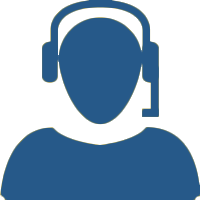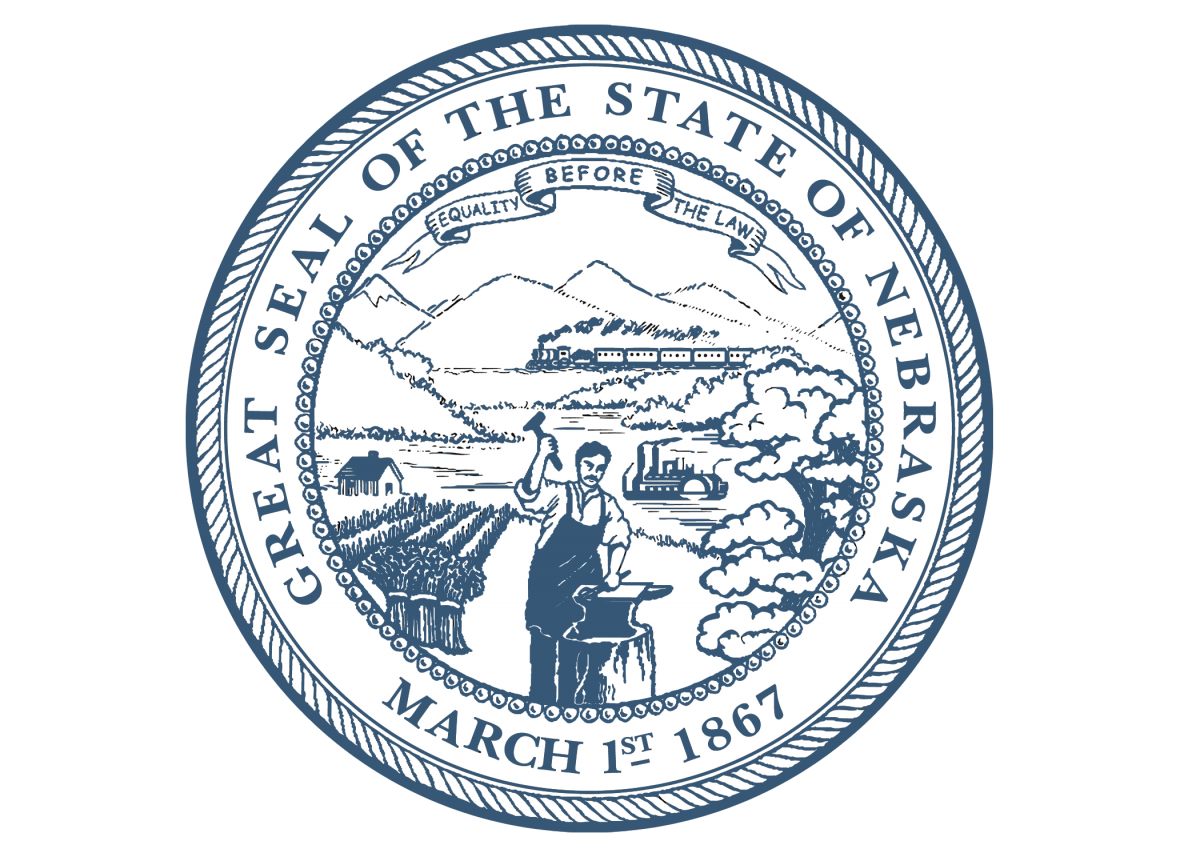Scammers often use telephone, mail, and email solicitation to lure people into their schemes, often by posing as legitimate businesses who contact a consumer out of the blue. One of the best ways to protect yourself against fraudsters is to cut off the ability of businesses to call you or send you unsolicited mail in the first place. Recognize the warning signs of scams and fraud, and cut down on unwanted phone calls and email, by following the steps below.
Telemarketing
- The Federal Trade Commission (FTC) maintains a national Do Not Call Registry which allows you the opportunity to limit the telemarketing calls you receive.
- The Do Not Call Registry opened on June 27, 2003, and by July 1, 2003, only four days later, over 10 million phone numbers had been registered.
- Registering your personal phone numbers is free. You may add your phone number by visiting www.donotcall.gov, or calling 1-888-382-1222.
- You may register up to three personal telephone numbers during the online registration process. If you wish to register more than three personal telephone numbers, you must complete the registration process again.
- To register a number by phone, you must call from the number you wish to register.
- Your phone number should appear on the Do Not Call Registry within a day of your registration and you should find that most sales calls will stop once you have been on the Do Not Call Registry for 31 days.
- After you have registered, it is illegal for most telemarketers to contact you.
- The Do Not Call Registry does not prohibit all calls - it only prohibits sales calls. Even if you are listed on the Do Not Call Registry, you may still receive political calls, charitable calls, debt collection calls, informational calls, and telephone survey calls.
- Also, if you have recently done business with a company, that company may call you. If you no longer want to receive a particular company’s phone calls, ask the company not to call you again. Although the company must honor your request, the best practice is to keep personal records of such requests.
- The Do Not Call Registry is only for personal telephone numbers. Business-to-business telephone calls and faxes are not covered.
- The Do Not Call Registry cannot prevent illegal sales calls. If you get an illegal sales call, just hang up. Don’t interact with the caller or press any buttons.
- You may also consider obtaining a call blocking service from your phone company or other online service. Remember these services may charge fees and they may not always be completely effective.
- To file a complaint about an illegal sales call, visit www.donotcall.gov or call 1-888-382-1222.
- Telephone numbers on the Do Not Call Registry are not removed unless your number is either disconnected or reassigned or you ask to have it removed.
- If you get a new phone number, you will need to complete the registration process for the new number.
- A robocall is a telephone call during which you hear a recorded message instead of a live person.
- Robocalls may be difficult to detect due to caller ID spoofing—faking the caller ID information that you see on your phone. In some cases, the fraudulent telemarketer may want you to think the call is from someone you know, someone local, from your bank, or from another entity with which you do business.
- Robocallers often use internet technology to hide their locations.
- Robocalls which contain sales messages and which you receive without having first given written permission to the company on the other end are illegal. Most likely, illegal robocalls are also scams.
- Some robocalls are allowed: candidates running for political office and charities asking for donations are permitted to make robocalls. Also, informational calls are permitted. For example, airlines may still call you with prerecorded messages to inform you about a change in your flight’s information, and healthcare providers may contact you with a prerecorded appointment reminder.
- If you believe you have received an illegal robocall, the best response is to simply hang up the phone without doing anything else. Interacting with the caller or pressing other buttons may just lead to more robocalls. Then, file a complaint regarding the robocall with our office, report your experience to the FTC, or call 1-888-382-1222.
- You may also wish to consider contacting your phone company to ask them to block the number. Before doing so, it is wise to investigate whether there is a charge for this service.
- Keep in mind that entities making illegal robocalls will change Caller ID information often and it may be difficult to block a number that will soon change.
For More Information about the National Do Not Call Registry, visit: http://www.consumer.ftc.gov/articles/0108-national-do-not-call-registry
For More Information about robocalls, visit: http://www.consumer.ftc.gov/articles/0259-robocalls

Telemarketers
The federal government’s National Do Not Call Registry is a free and easy way to reduce the telemarketing calls you get at home. To register your phone number or to get information about the registry, visit: www.donotcall.gov, or call: 1-888-382-1222, from the phone number you want to register. Telephone numbers on the registry will only be removed when they are disconnected and reassigned, or when you choose to remove a number from the registry.

Junk Mail
The Direct Marketing Association’s (DMA) Mail Preference Service lets you opt out of receiving unsolicited commercial mail from many national companies for five years. When you register with this service, your name will be put on a “delete” file and made available to direct-mail marketers and organizations. To register with DMA’s Mail Preference Service, go to www.dmachoice.org, or mail your request with a $3 processing fee to:
DMAchoice
Consumer Preferences
P.O. Box 900
Cos Cob, CT 06807

The Direct Marketing Association (DMA) has an Email Preference Service to help you reduce unsolicited commercial emails. To opt out of receiving unsolicited commercial email from DMA members, visit www.dmachoice.org. Registration is free and good for six years.

Consumer Reporting Companies
If you decide that you don’t want to receive prescreened offers of credit and insurance, you have two choices: you can either opt out of receiving them for five years or opt out permanently.
- To opt out for five years: Call toll-free: 1-888-5-OPT-OUT (1-888-567-8688) or visit: www.optoutprescreen.com. The phone number and website are operated by the major consumer reporting companies.
- To opt out permanently: You may begin the Permanent Opt-Out process online at https://www.optoutprescreen.com. To complete your request, you must return the signed Permanent Opt-Out election form, which will be provided after you initiate your online request. When you call or visit the website, you’ll be asked to provide certain personal information, including your name, social security number, date of birth, and home telephone number. The information is kept confidential and used only to process your request.

